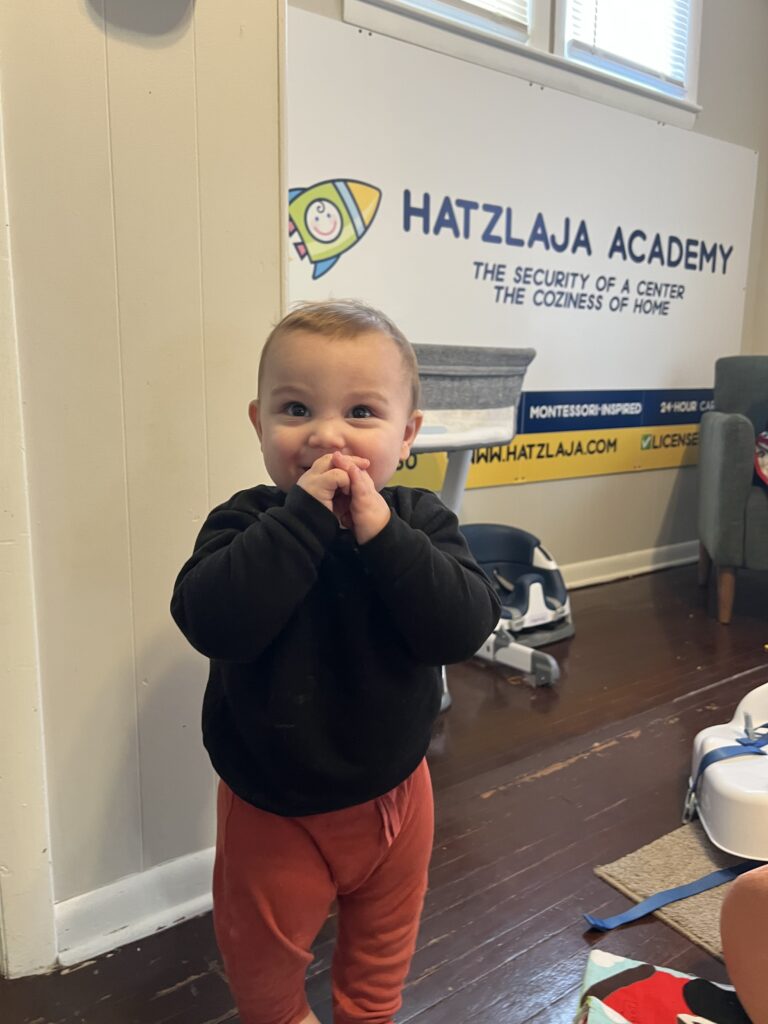Every parent has faced the challenge of asking their toddler to do something—only to be ignored, met with defiance, or faced with a full-blown meltdown. Toddlers are naturally curious, independent, and strong-willed, making it difficult for them to stop what they’re doing and follow directions right away. The good news is that with the right approach, you can encourage your child to listen while strengthening your bond as a parent.
Understanding Why Toddlers Struggle with Listening
Before jumping to conclusions about defiance, it’s important to understand that toddlers aren’t ignoring you on purpose. At this age, their brains are still developing impulse control and processing skills. They are easily distracted, hyper-focused on their own activities, and learning how to express their needs. When toddlers don’t listen, they may be:
- Overstimulated or distracted by their surroundings.
- Testing boundaries as part of their natural development.
- Not understanding the request due to unclear instructions.
- Feeling frustrated because they lack the words to communicate their emotions.
Practical Strategies to Encourage Listening
1. Get Down to Their Level
Toddlers respond better when they feel connected. Instead of shouting across the room, kneel or sit at their eye level and make gentle eye contact before giving instructions. This small adjustment helps them feel seen, heard, and respected—making them more likely to respond.
2. Use Simple and Clear Language
Long explanations can overwhelm toddlers. Instead of saying, “It’s time to put on your shoes because we’re going to the store, and we can’t be late, so hurry up!”, try: “Shoes on, please. It’s time to go.” Keeping it simple increases the chance that they will process and follow through.
3. Offer Limited Choices
Toddlers love to feel in control. Instead of demanding, “Put on your jacket now!”, offer a choice: “Do you want to wear the red jacket or the blue one?” Giving them structured control prevents power struggles while ensuring they still follow directions.
4. Stay Calm and Consistent
If you raise your voice or show frustration, your toddler may either tune you out or match your energy with a meltdown. Instead, use a firm but calm tone, repeat your request once, and follow through with gentle reinforcement. Consistency teaches them that your words matter.
5. Praise Positive Behavior
When your toddler does listen, acknowledge their effort: “I love how you came when I asked! Thank you for listening.” Positive reinforcement makes them more likely to repeat good behavior in the future.
6. Allow Time for Transitions
Toddlers have a hard time switching gears. If they’re deep in play and you suddenly say, “It’s time to leave now!”, they may resist. Instead, give them gentle warnings: “Five more minutes, then we clean up.” This helps them mentally prepare for the change.
7. Model Good Listening
Children learn by example. If they see you actively listening to them, making eye contact, and responding patiently, they will mirror that behavior. Show them that listening is a two-way street!
8. Know When to Ignore and When to Step In
Not all negative behaviors require a reaction. If your toddler is whining, throwing a small tantrum, or seeking attention in a non-harmful way, staying calm and not engaging can teach them that these behaviors won’t get the response they want. However, unsafe actions, physical aggression, or deliberate defiance should never be ignored. In these cases, calmly setting clear boundaries, enforcing consequences, and redirecting their behavior helps them understand limits while maintaining a positive parent-child connection.
Building Connection Through Communication
Getting your toddler to listen isn’t about control—it’s about communication, connection, and consistency. By using clear expectations, calm reinforcement, and positive guidance, you’ll build a stronger relationship while teaching your child valuable listening skills for life.
Parenting isn’t about perfection, and there will always be tough moments. But with patience and the right tools, you can turn daily challenges into opportunities for growth and connection.



